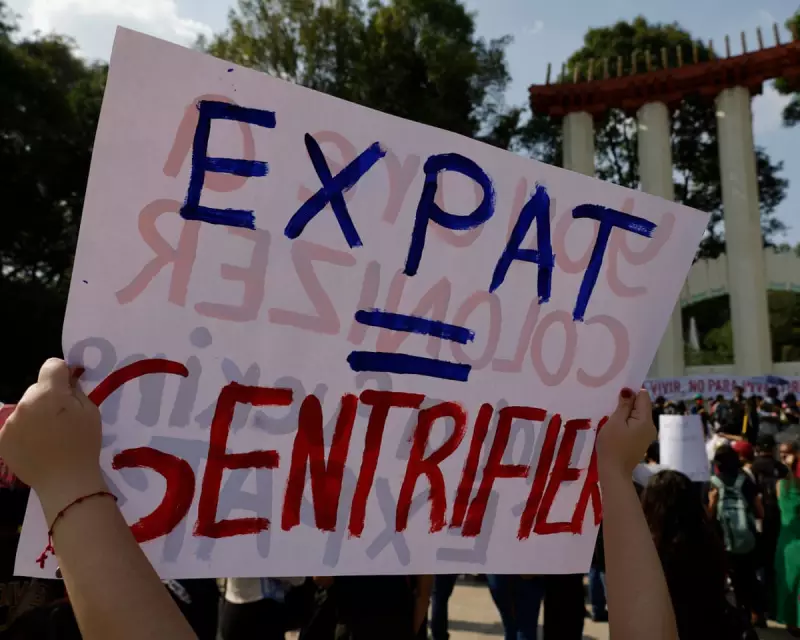
Mexico City is facing a growing backlash from locals as rapid gentrification transforms neighbourhoods, pushing out long-term residents and inflating rents to unaffordable levels. The situation echoes global anger over overtourism and housing crises in cities from Barcelona to Berlin.
The Rising Tensions
Historic districts like Roma and Condesa, once beloved for their vibrant local culture, are now dominated by trendy cafes, boutique hotels, and digital nomads. Long-time residents complain of being priced out, while small businesses struggle to compete with upscale newcomers.
A Global Phenomenon
This isn't unique to Mexico City. From Lisbon to Tokyo, urban centres grapple with similar pressures as tourism rebounds post-pandemic and wealthy foreigners seek affordable luxury. The result? A clash between economic growth and community preservation.
Voices of Resistance
Grassroots movements have emerged, with activists using street art and social media to protest unchecked development. 'We're not against progress,' says one organiser, 'but against being erased from our own city.' Local officials face mounting pressure to implement protective policies.
The Mexico City case highlights a critical question facing urban areas worldwide: how to balance economic opportunity with social equity in an increasingly globalised property market.





